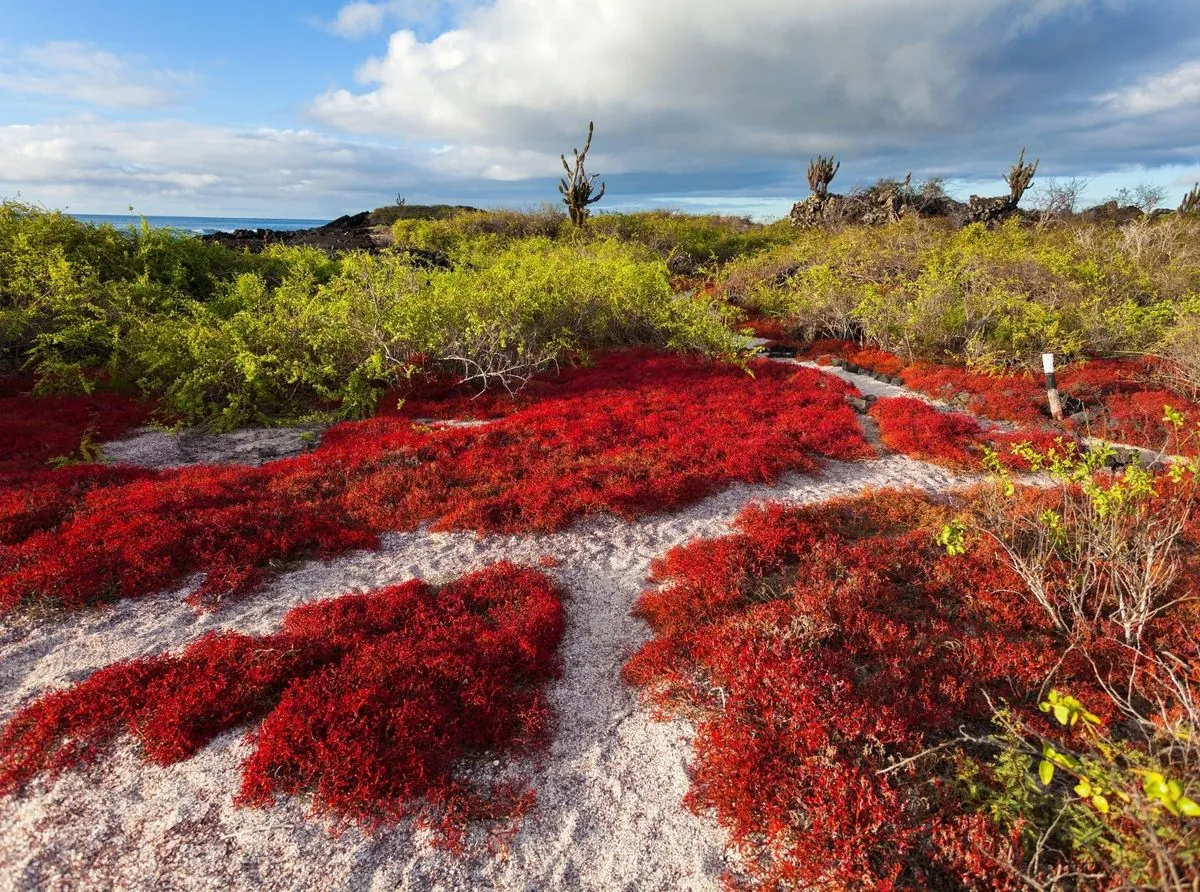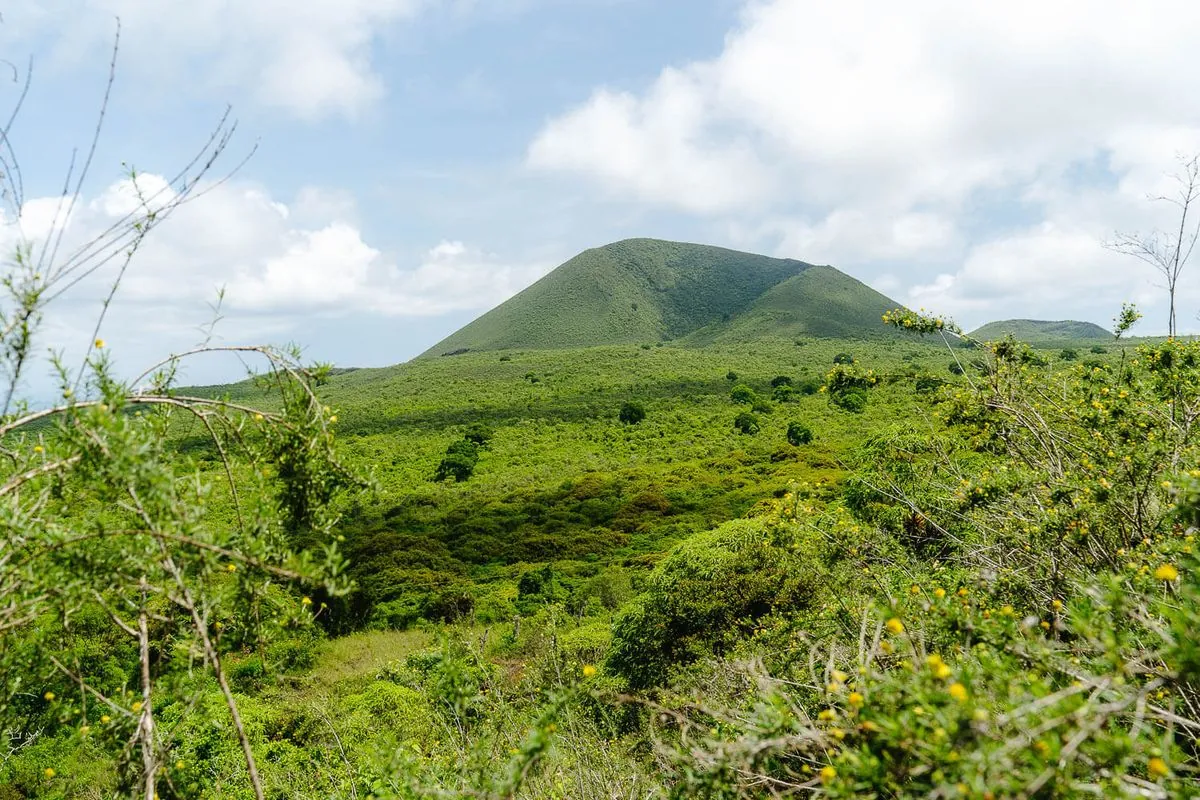Utopian Dreams Shattered: The Ill-Fated Paradise of Floreana Island
In 1927, two Germans sought utopia on a Galápagos island. Their quest for an off-grid paradise turned into a tale of conflict and tragedy, revealing timeless human struggles in the pursuit of an ideal life.

In the late 1920s, as the world teetered on the brink of economic depression and political turmoil, two Germans embarked on a quest for utopia that would captivate the public imagination. Dore Strauch Koerwin, a young medical student, and Dr. Friedrich Ritter, a raw-food enthusiast, abandoned their lives in Berlin to settle on Floreana, an uninhabited island in the Galápagos archipelago. Their story, chronicled in Abbott Kahler's "Eden Undone," serves as a stark reminder that the pursuit of paradise is often fraught with unforeseen challenges.
Floreana, discovered in 1535 and named after Ecuador's first president, has a rich history as a haven for pirates and whalers. The island, spanning 173 square kilometers, boasts unique features such as the presence of pink flamingos and sea turtles. Its highest point, Cerro Pajas, reaches 640 meters above sea level. Despite its natural beauty, Floreana presented a harsh reality for its new inhabitants.

Koerwin and Ritter faced numerous obstacles in their attempt to create an idyllic life. The island, while not technically deserted, was overrun with feral animals and insects. Fresh water was scarce, limited to a few trickling springs. The couple's commitment to a vegetarian lifestyle proved challenging in an environment teeming with potential meat sources.
Their efforts to build a home, which they named Friedo, were marked by ingenuity and hard work. They established gardens, raised chickens, and even befriended wild donkeys. However, their relationship was marred by Ritter's abusive behavior, casting a shadow over their supposed paradise.
The arrival of other settlers, including a German family and a self-proclaimed baroness with her two male companions, disrupted the isolation Koerwin and Ritter had sought. This influx of people brought attention from the outside world, leading to visits from wealthy yachtsmen, reporters, and filmmakers. While this attention provided much-needed supplies, it also eroded the self-reliance that had been central to their utopian vision.
Floreana's unique ecosystem, home to species like the endangered Floreana mockingbird, became the backdrop for increasing tensions among the settlers. The island, which later became part of a national park in 1959 and a UNESCO World Heritage Site in 1978, witnessed conflicts that mirrored the complexities of human nature.
Kahler's account, while focused on the personal dramas of the settlers, touches on broader themes of escapism and the human desire for a fresh start. The story unfolds against the backdrop of global events, including the Great Depression and the rise of Hitler in Germany, highlighting the impossibility of truly escaping the world's troubles.
"There was a menace in the air, something sinister and frightening, the more so because there was no outward sign of anything amiss."
This prescient observation underscores the underlying tensions that would eventually lead to tragedy on the island. The settlers' story serves as a cautionary tale about the dangers of seeking perfection in isolation and the inevitable intrusion of human nature into even the most idyllic settings.
Today, nearly a century after Koerwin and Ritter's arrival, Floreana is home to around 100 people. The island continues to face environmental challenges, including the impact of introduced species on its delicate ecosystem. The legacy of the early settlers remains, a testament to the enduring allure of utopian dreams and the complexities of their realization.
"Eden Undone" offers a compelling narrative that resonates with contemporary discussions about alternative lifestyles and off-grid living. It reminds us that the quest for paradise is as old as humanity itself, and that the challenges faced by those seeking to escape society often mirror the very issues they aim to leave behind.


































